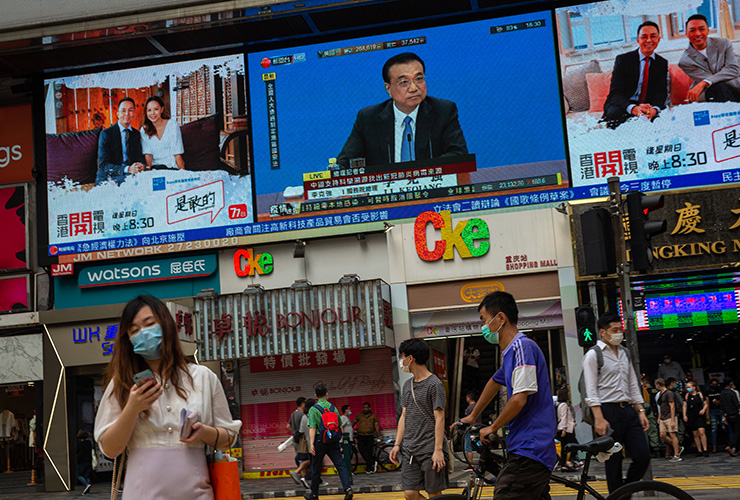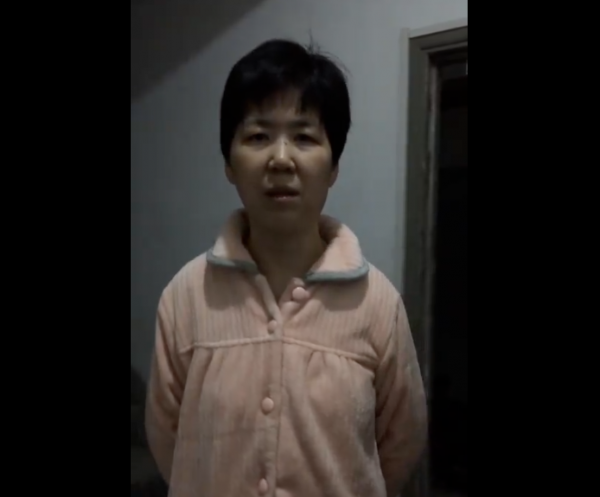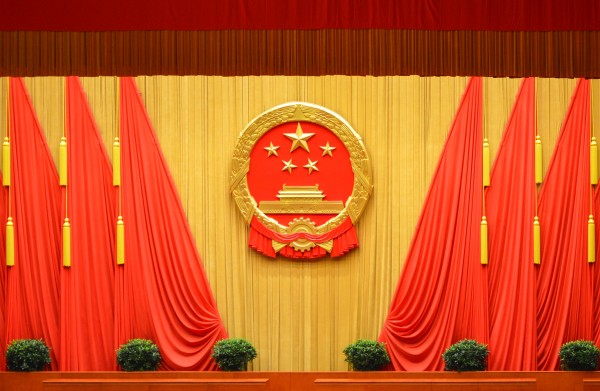The new security law approved by China’s National People’s Congress poses a serious threat to democracy and press freedom in Hong Kong, said journalists based in the territory.
Speaking during a discussion organized by Vienna’s Press Club Concordia and the International Press Institute (IPI) yesterday, two Hong Kong-based journalists, Mok Kwan Ling of Ming Pao Weekly and Jodi Schneider, president of the Hong Kong Foreign Correspondents’ Club, offered insights into the threats to free speech posed by the draft law.
“My understanding is that the law targets people who engage in secessionist activities, terrorism and foreign powers intervening in Hong Kong. But the law sets up traps for journalists and activists, because we do not know what actions might be seen as breaking it”, Ling said. “But it is obvious that the law is a national apparatus that aims to take away rights and freedoms guaranteed under the basic law of Hong Kong. It also means that the legislative council on the island can now be bypassed, which destroys the one country, two systems model”.
In addition to potentially targeting journalists, one big concern of the draft law is its effects on the judiciary in Hong Kong.
“We are concerned about how the law will affect the judiciary and the businesses on the island. The law in Hong Kong is based on the British case law so there is an issue of who decides what counts as sedition and international interference. On the mainland, the legal processes are not transparent”, Schneider said.
According to Schneider, the approval of the draft law is linked to the fears about the democratic movement in Hong Kong. In local elections held in November, the electorate showed up in huge numbers with the turnout being more than 80 percent. The elections were a resounding win for pro-democracy candidates.
“The authorities on the mainland do not want to see this kind of development, so they will try and push the law through before September. In addition, there are some key anniversaries coming up during the summer: the anniversary of the original Hong Kong protests, the anniversary of Tiananmen square, and the July 1 handover date. The authorities are looking to control the protests before those dates”, Schneider said.
“The draft law has already created a looming atmosphere in Hong Kong for not only the media and journalists but also for other citizens, who are talking about emigrating before the law is passed. The people fear that the law would allow Hong Kong to be fully controlled by the Chinese government in terms of press freedom, freedom of expression and others”, Ling said.
The approval of the draft law drew widespread condemnation from around the world, with the United States announcing that it planned to revoke its special trade relationship with Hong Kong. According to Schneider, some U.S. businesses operating in Hong Kong have voiced their concern about this development, noting that it might hurt the island even more by making it harder to conduct business there.
However, Ling noted that some protestors have welcomed this move to revoke the special relationship.
“For some of the protestors, the new slogan is ‘if we burn, you burn with us’. They understand that the move by the U.S. can harm Hong Kong, but at the same time they say that China will harm the island anyway and take away the people’s freedoms in the long term, so why not take them now and harm China at the same time”, Ling said.
According to Ling, Hong Kong’s independent media could face a potentially existential danger from the law.
“There are many good independent media in Hong Kong that receive their revenue from, for example, crowd funding, and we do not know how the law will affect them. Will they be seen as receiving financing from foreign entities?”, Ling said.
Schneider, a senior reporter for Bloomberg News, said Hong Kong had traditionally been a crucial base for journalists covering the region and mainland China – a situation that could begin to change with the new law.
“The law could make it harder for journalists to receive visas to the mainland, and China has already prohibited some journalists from working not only on the mainland but also from the island. So, the question is, who grants the visas to journalists after the law is enacted”, Schneider said.
Participating in the discussion, IPI Deputy Director Scott Griffen said that a serious new chapter had been opened in the fight for press freedom and fundamental rights in Hong Kong following the decision last week by China’s National People’s Congress to greenlight the new national security law.
“The draft law is widely seen as a tool to crack down on the pro-democracy movement and to terminate the freedoms that people in Hong Kong were supposed to be able to enjoy until at least 2047, when the one country, two systems arrangement was officially set to end”, Griffen said.



